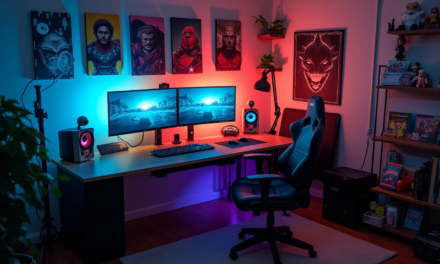
When and Why to Take a Break from Studying

This is a truth that we often tend to ignore: the break, the rest, is a fundamental moment of productivity, as important as the very moment in which we get busy.
The more the task we have to carry out is cognitively heavy, the more our brain needs, and longs to take a break to be able to recharge. And studying, learning, are activities that require a truly remarkable effort from our minds.
However, managing breaks and rest is particularly difficult, because, on the one hand, we tend to slip into laziness and procrastination, on the other, obsessed with reaching the goal, we risk ignoring the warning signs and going beyond the limit.
In this video, we find out what the types of pauses are, what function they have and how to manage them.
Learning
The first reason we need to take a break is to allow what we are studying to stay in our minds and to free up space to study again.
You have to imagine studying as a process analogous to training in the gym. Muscles don’t grow while pumping cast iron in a weight room, they grow after doing so, as a result of exertion, just as you rest.
The same goes for learning. We strain the mind, we put it to the test, and we feed it with new information to understand and re-elaborate but it is then in the pauses and sleep that that information is consolidated and transformed into true knowledge.
Furthermore, it is in the phases of rest that the mind frees up the necessary space to learn something new for the next day.
In short, without the right rest time, there is no way to learn effectively. Point.
Tiredness
The second reason we need to rest is obvious: because we get tired and over time our ability to stay focused decreases until we are too tired to continue.
And that was obvious, you will say.
Yes, of course, but there is a change of perspective that is good to adopt: you don’t have to take a break when you are tired and you absolutely need it, you have to rest before you reach the limit, so as not to get tired at that point in the first place.
It’s like with nutrition: you don’t wait to literally be starving or thirsty to eat or drink anything, right?
Stress
The third reason to take a break: is not to build up stress to dangerous levels. Stress, carried on for a long time, turns into a chronic bad mood, lack of desire, up to total exhaustion.
Trust me, you don’t want to go to total exhaustion. Actually, at this point consider about getting a “write my paper help” service from a professional service. Such online platforms help students deal with numerous stresses that are abundant in academic life.
Creativity
The fourth and final reason to pause is to give the brain the opportunity to activate what is called the ” diffuse attention mode”, which is when the mind works in the background on a complex problem to solve.
Alternating the diffuse mode to the classic focus is the key to unleashing all our creative and problem-solving power and it becomes particularly important the more complex what we are learning.
How to Manage the Breaks
And here we are, how to manage the three different pause modes in our daily routine, let’s go in order:
The real break must be alternated with study and focus. I recommend two specific ways of working, the famous tomato technique, which includes 25 minutes of study and 5 minutes of total relaxation, and the double tomato, 50 minutes of study followed by 10 minutes of total break. You can alternate between these two modes, choose only the one you prefer, or even find an intermediate one that best suits your personal pace. But never go beyond 50 minutes. Do not do it. Also, leave at least one day a week completely free from studying.
The alternation with other tasks can be declined in various ways. First of all, I advise you to carve out at least an hour a day to devote to your passions. I know, it’s not always easy, but recharging yourself by doing something that really excites us or entertains us is one of the secrets to studying well and for a long time. Also, use a study method that is varied, that makes you do different things all the time, so you don’t get too repetitive.
Finally, sleep. A lot, well, on a regular basis. Between 7:30 and 9 hours a day of good sleep, possibly always at the same pace.
Conclusion
Combine these three modes together, dedicate the right amount of time and attention to breaks, and your study skills will take a step forward.
Plan all of this so you don’t risk turning the breaks into an excuse to put off, procrastinate, and fuck around. Use clocks, timers, and apps to give yourself a structure to follow, don’t rely too much on your willpower.
Don’t make the opposite mistake, don’t overestimate yourself, don’t tell yourself “I can do it, I don’t need it”, you are not a robot, stay with your feet on the ground and respect your brain, give it the way to fully recover.

























